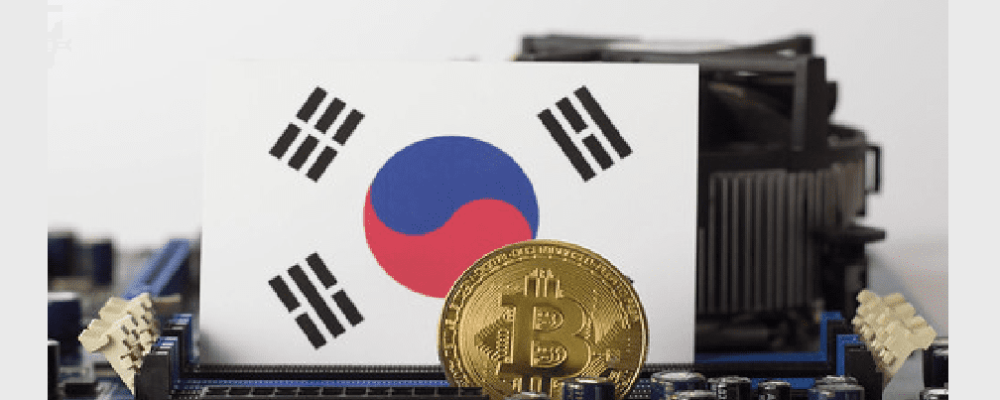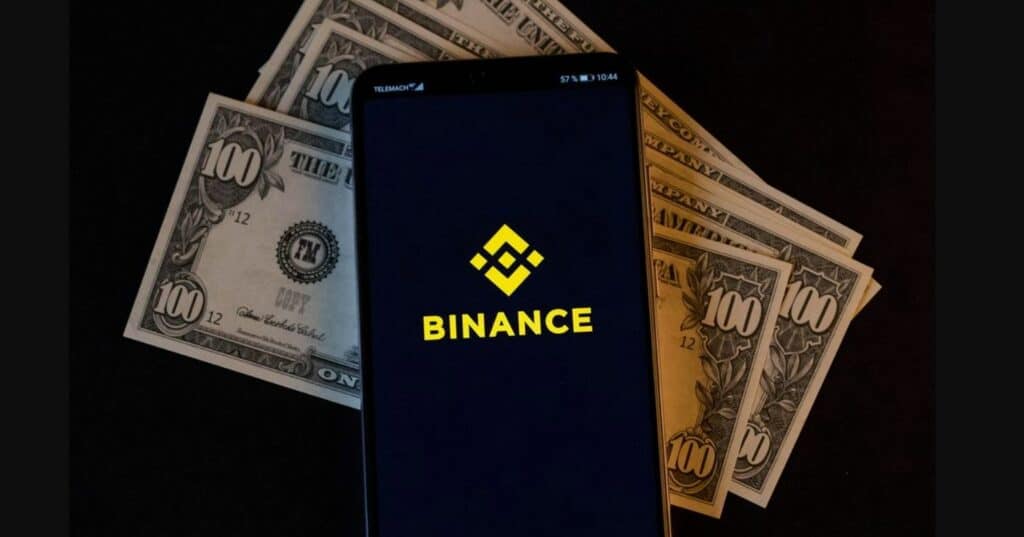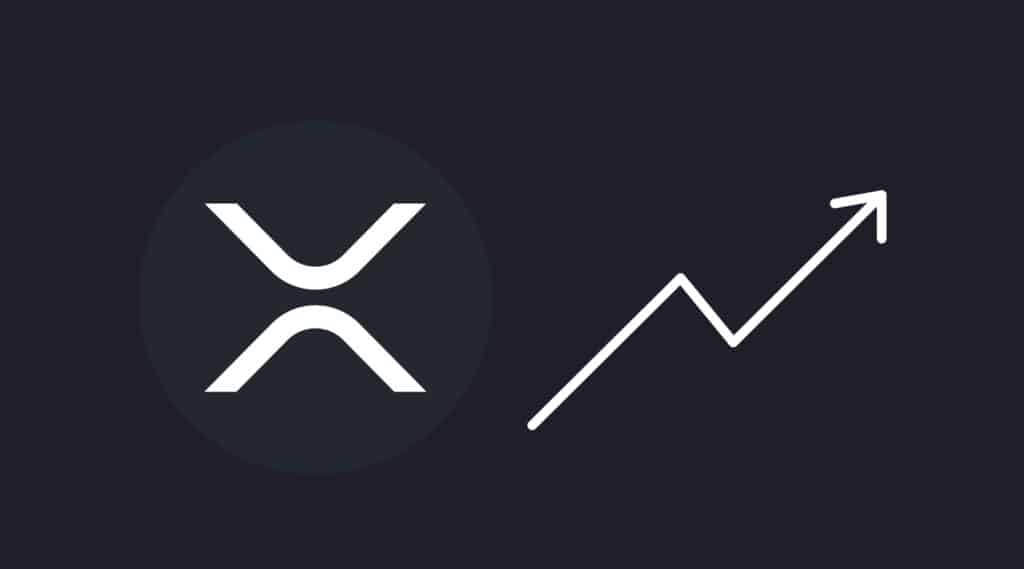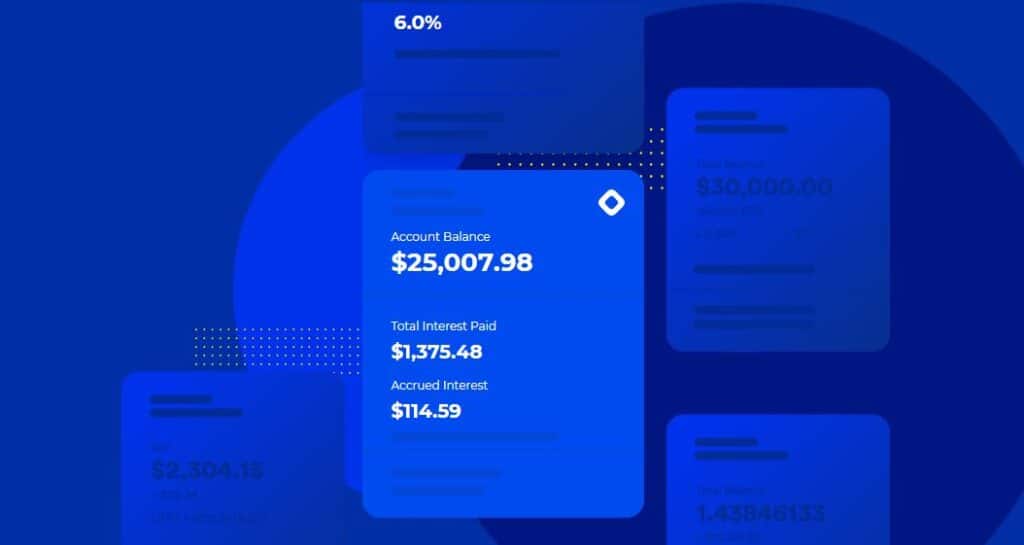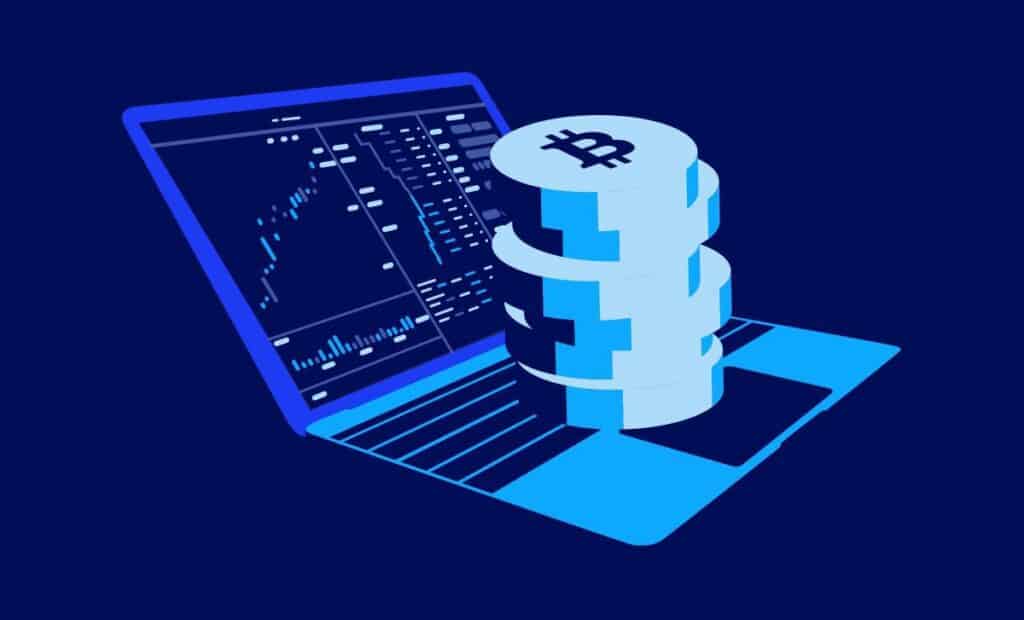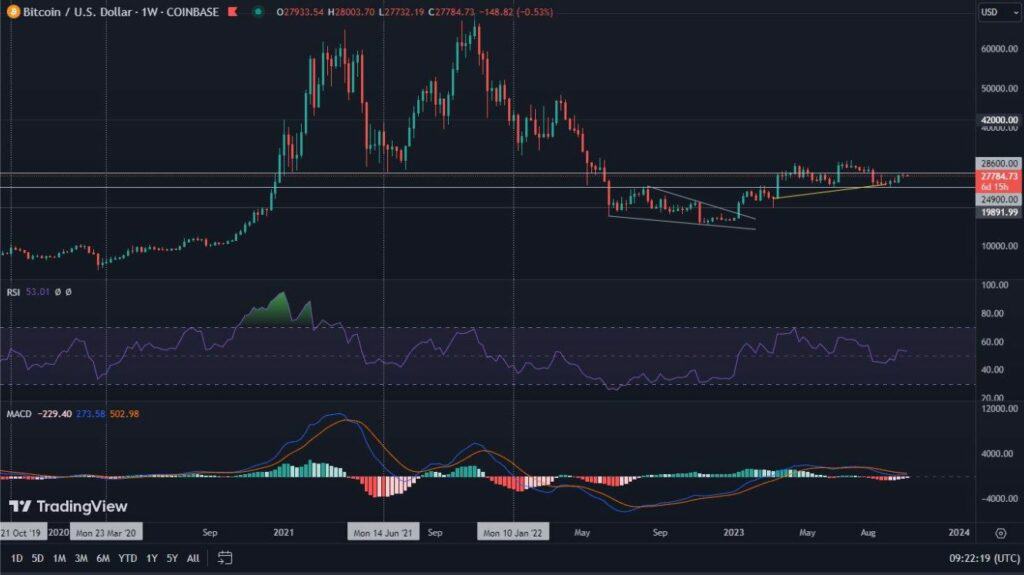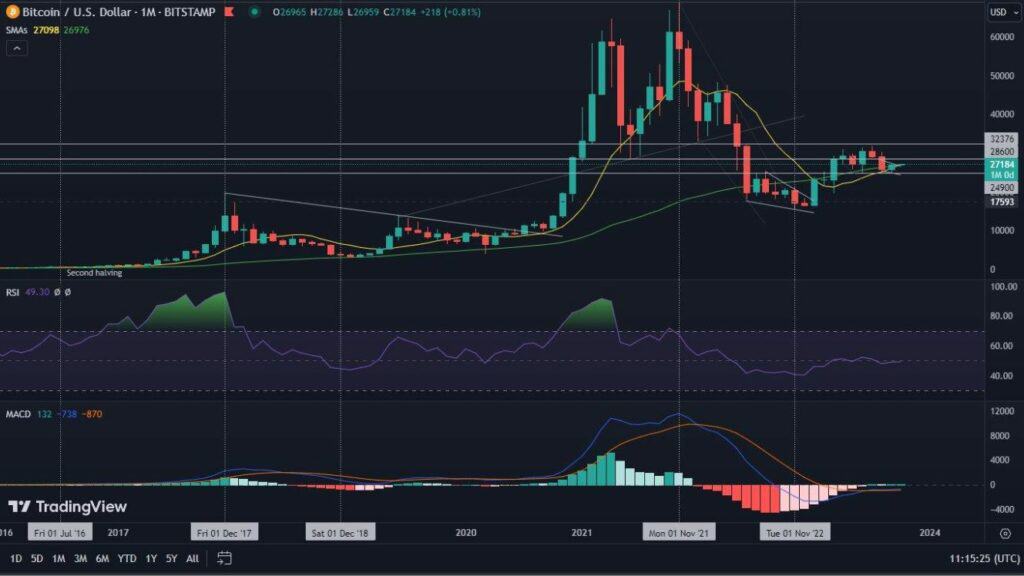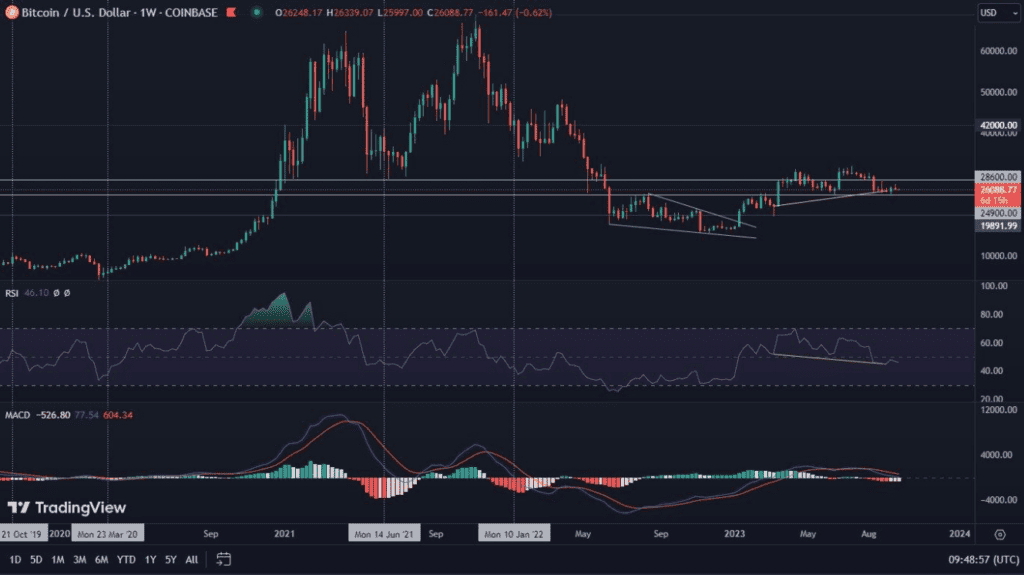On Tuesday, November 30, 2021, South Korea’s finance minister announced that the Korean government will only begin taxing capital gains on cryptocurrency trading starting in 2023. The controversial tax has caused quite a stir especially among the younger part of society. We tell you about what is currently happening in Korea below.
What exactly happened?
On November 30, the National Assembly’s Planning and Finance Committee decided to create a partial amendment to the income tax law in plenary session. Mainstream Korean media immediately reported that the income tax on profits from cryptocurrency transactions would not take effect until 2023. Originally, this controversial law was supposed to go into effect as early as one month from the beginning of 2022.
How does the Korean government argue this law?
As we already mentioned, the bill to impose taxes on crypto trading puts the government in a rather negative light. So what are the arguments for imposing a tax on these particular assets? Here is what Finance Minister Hong Nami-ki said at a press conference: “It is inevitable, we will have to impose taxes on profits from trading virtual assets.” Under the new regulations, any annual profits exceeding 2.5 million won (or $2,253) from cryptocurrency trading will be subject to a 20% capital gains tax.
The finance minister also warns that because cryptocurrencies are intangible assets, they are extremely susceptible to various types of fraud. These scams include illegal fundraising, theft and also cyber attacks. So, it is possible that one of the arguments of the government is to take control of the crypto industry in order to protect its citizens.
Why did they decide to delay the introduction of the tax?
But this is only one possibility. It is more likely that delaying the collection of the crypto trading tax is strategic for the upcoming elections in South Korea. After all, power will change next March, and the 20 percent income tax has stirred up a lot of discontent among younger voters, meaning those between the ages of 20 and 39. So rather than risk general public irritation with the new tax, the two main parties – the ruling Democratic Party and the main opposition People Power Party – decided to delay it. Will this decision yield the expected benefits? We will keep following events from South Korea as they unfold.

